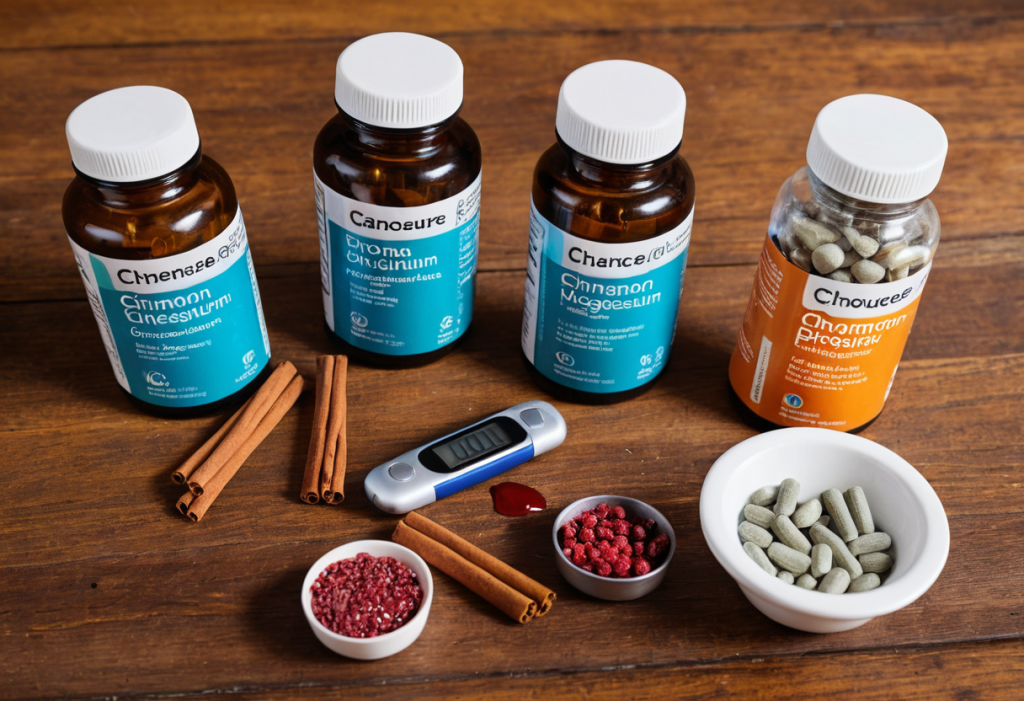
Maintaining healthy blood sugar levels is more than just a health goal; it’s a crucial step towards a longer, more vibrant life. Whether you’re managing diabetes, dealing with prediabetes, or simply looking to optimize your overall health, supplements can offer an extra edge. But not all supplements are created equal. In this article, we’ll explore the top five supplements scientifically proven to help control blood sugar levels safely.
Let’s dive in!
1. Berberine: Nature’s Gift for Blood Sugar Balance
Berberine is a plant compound extracted from herbs like barberry and goldenseal. This natural substance has gained a great deal of attention in the medical community. Why? It works at a cellular level to improve insulin sensitivity and reduce glucose production in the liver.
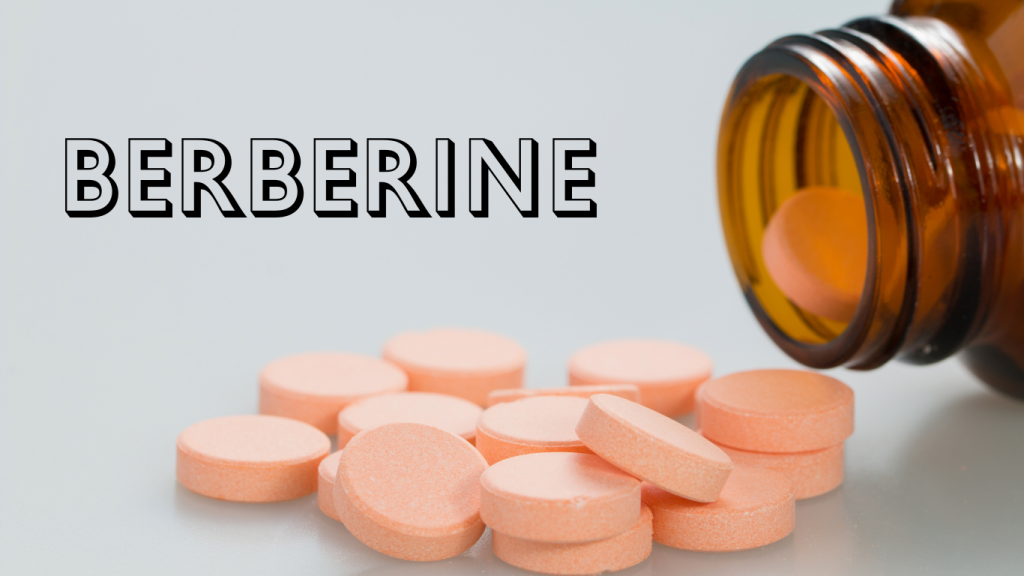
How It Works:
Berberine triggers AMP-activated protein kinase, nicknamed the metabolic master switch. Activating AMPK helps regulate blood sugar with the following effects:
- Insulin sensitivity increases.
- Reducing sugar absorption in the intestines.
- Lower glucose production in the liver.
Personal Thought:
I started taking Berberine upon the insistence of a friend who claimed it had affected him. In weeks, his fasting blood sugar levels had considerably reduced. Impressed, I tried it out myself, and I felt my energy was more even throughout the day-no afternoon crashes!
2. Cinnamon: Much More Than a Spice
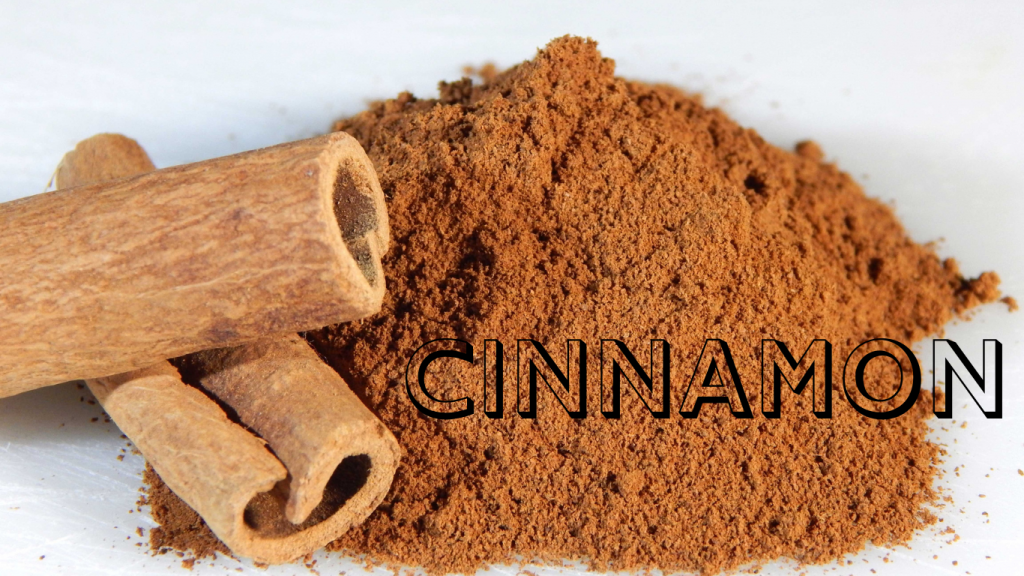
Who doesn’t love the warm, comforting scent of cinnamon? Besides its uses in cooking, cinnamon has potent anti-diabetic properties.
Types of Cinnamon:
Ceylon Cinnamon-True Cinnamon: Much safer to use over a longer period of time.
Cassia Cinnamon: More available, though it should be consumed in moderation because of the higher content of coumarin.
Benefits:
Cinnamon acts like insulin, increasing glucose uptake into cells and enhancing insulin sensitivity. Besides, it delays carbohydrate digestion in the gut, which prevents post-meal blood sugar spikes.
Now, imagine your morning oatmeal or smoothie with a teaspoon of Ceylon cinnamon added to it. Well, it is not only delicious; it is a further step toward health. Research illustrates that 1–6 grams of cinnamon per day might lower fasting blood sugar by a great margin.
3. Magnesium: The Unsung Hero of Blood Sugar Control
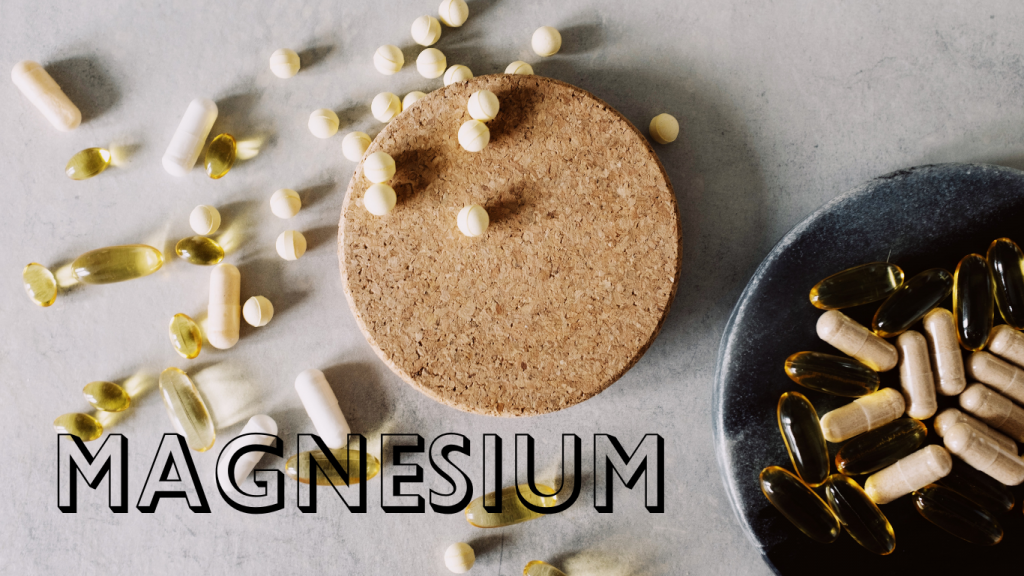
Magnesium is crucial in many, if not hundreds, of body biochemical processes, including blood sugar control, yet most are not getting enough of this critical mineral.
Why It Matters:
Magnesium facilitates insulin in its task to let glucose enter cells, where it is converted for energy use. Research studies point to a higher intake of magnesium associated with a lower risk of type 2 diabetes.
Food vs. Supplement:
While almonds, spinach, and avocados are among some of the richest sources of magnesium, supplementation can fill any deficits for those who simply don’t get enough through their diets. Look for highly bioavailable forms such as magnesium citrate or glycinate.
Pro Tip:
Start with small dose of magnesium to avoid GI intolerance and gradually increase if tolerated. Taking with your bedtime routine may even improve sleep – a nice bonus for glucose control!
4. Chromium: Improving Insulin Sensitivity
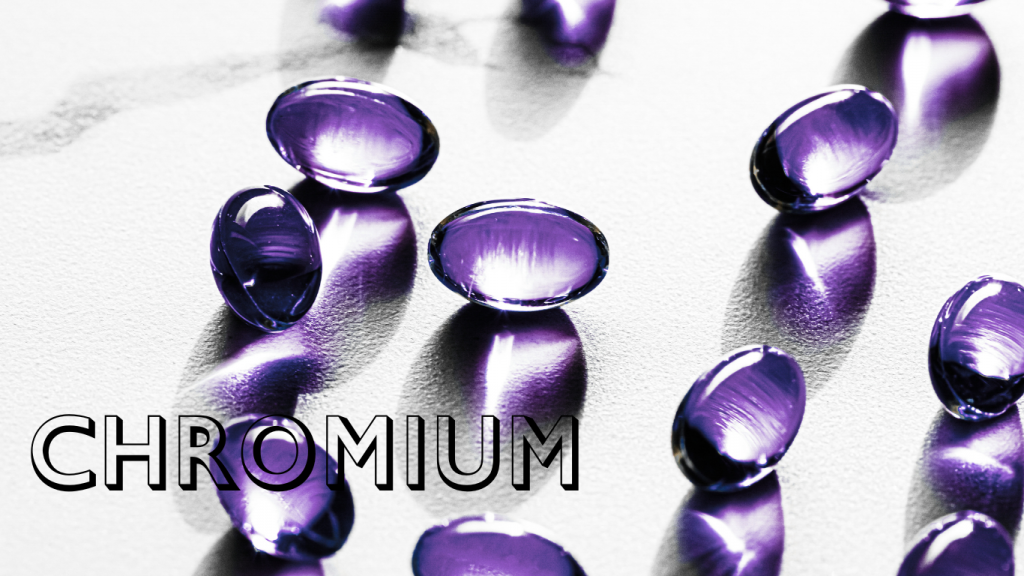
Chromium is a trace mineral that enhances the action of insulin, facilitating the transport of glucose into cells.
Mechanism of Action:
This mineral enhances the effectiveness of the insulin receptors in the cells, essentially allowing insulin to do its job more effectively of moving glucose into the cell. Research has reported that chromium supplementation can reduce:
- Fasting blood sugar levels
- Insulin resistance
Story:
A family member with type 2 diabetes began to take chromium supplement support upon the recommendation of the doctor. And over a period of three months, his blood sugar reading turned out to be quite regular and even required fewer medications—a fact proving the efficiency of chromium.
5. Probiotics: The Gut-Blood Sugar Link
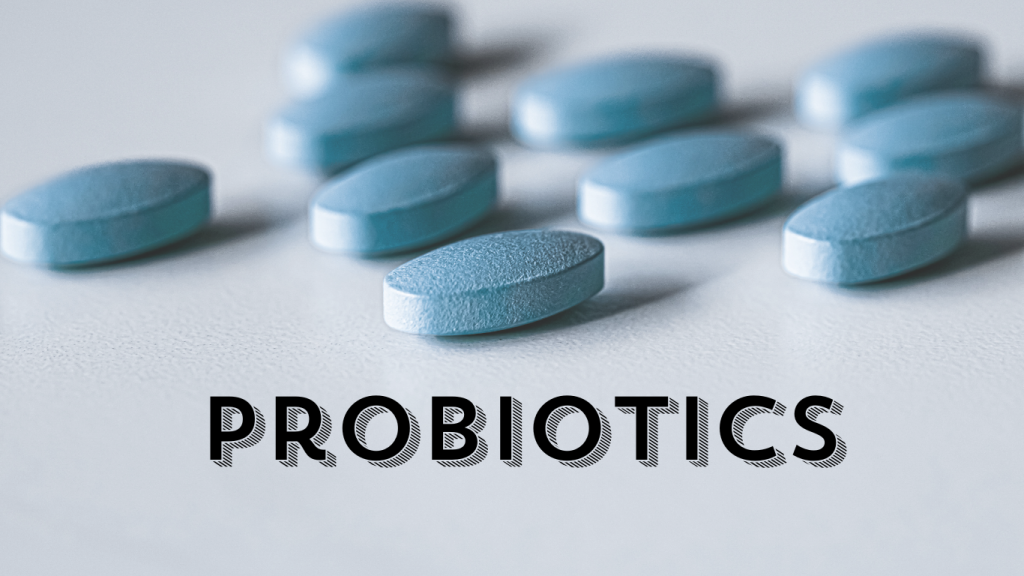
The health of your gut microbiome—the community of trillions of bacteria in your digestive tract—can directly impact your blood sugar levels. Probiotics, or “good bacteria,” can help restore balance.
The Science:
Poor gut health is associated with low-grade, chronic inflammation-one factor involved in insulin resistance. Probiotics improve the quality of gut health in reducing inflammation, enhancing insulin sensitivity, and modulating hormone release that controls appetite and blood sugar. How to Choose:
All probiotics are not the same, and specific strains of bacteria make a difference. Among other probiotics, look for Lactobacillus acidophilus and Bifidobacterium bifidum.
- Read more about Best Supplements to Control Diabetes: Comprehensive Guide with Expert Advice and Health Tips
Introducing Gluco6: A Cutting-Edge Solution
If you’re looking for a supplement that’s going to support blood sugar levels, try Gluco6. Combining clinically researched ingredients, Gluco6 has been formulated to increase insulin sensitivity, support healthy glucose metabolism, and help maintain energy levels. Whether you’re battling diabetes or trying to keep blood sugar levels from spiking, this advanced formula can be quite an asset to your health regime. To find out more about Gluco6 and how it can help you, click here and take the next step in optimizing your health.
Monitor Your Progress: The Role of Testing Kits
Taking supplements to control blood sugar is a good step, but how would you know if they were working? That’s where blood sugar testing kits come in. Regular monitoring helps you:
- Track the efficiency of supplements such as berberine or cinnamon.
- Understand how your diet and lifestyle changes are affecting your glucose levels.
- Find the patterns and adapt your strategy to have more control.
Not all testing kits are created equal. Find trustworthy, user-friendly options with pin-point accuracy.
Pro Tip: Test at the same times every day to see how various foods or supplements will affect your blood sugar levels.
Experts’ Advice
We reached out to Dr. Emily Harrison, a leading endocrinologist, for her take on supplements for blood sugar control:
“Supplements can be a helpful addition to a comprehensive blood sugar management plan. However, they’re not a replacement for a healthy diet and lifestyle. Always consult your healthcare provider before starting any supplement, as interactions with medications are possible.”
Dr. Harrison emphasizes combining supplements with balanced meals, regular exercise, and stress management for optimal results.
Not sure which foods help regulate blood sugar? Dive into Healthspan’s expert articles and advice to learn how to eat smarter and feel better!”
Final Thoughts
Berberine, cinnamon, magnesium, chromium, and probiotics all offer promising benefits for blood sugar management; however, these supplements will have the best effect when part of an overall health plan that encompasses nutrient-rich meals, regular exercise, and mindfulness practices.
Keep in mind that everybody is different, and what works miracles with one individual may not quite be as successful with another. So, start small, monitor your progress, and always consult a healthcare professional to make sure this is safe and effective for you.
Taking control of your blood sugar doesn’t have to be overwhelming. With the right tools and mindset, you can pave the way for a healthier, more vibrant life.
- For mor articles check Health Diet Supps
Write to me below about your wellness journey to balance your blood sugar level !

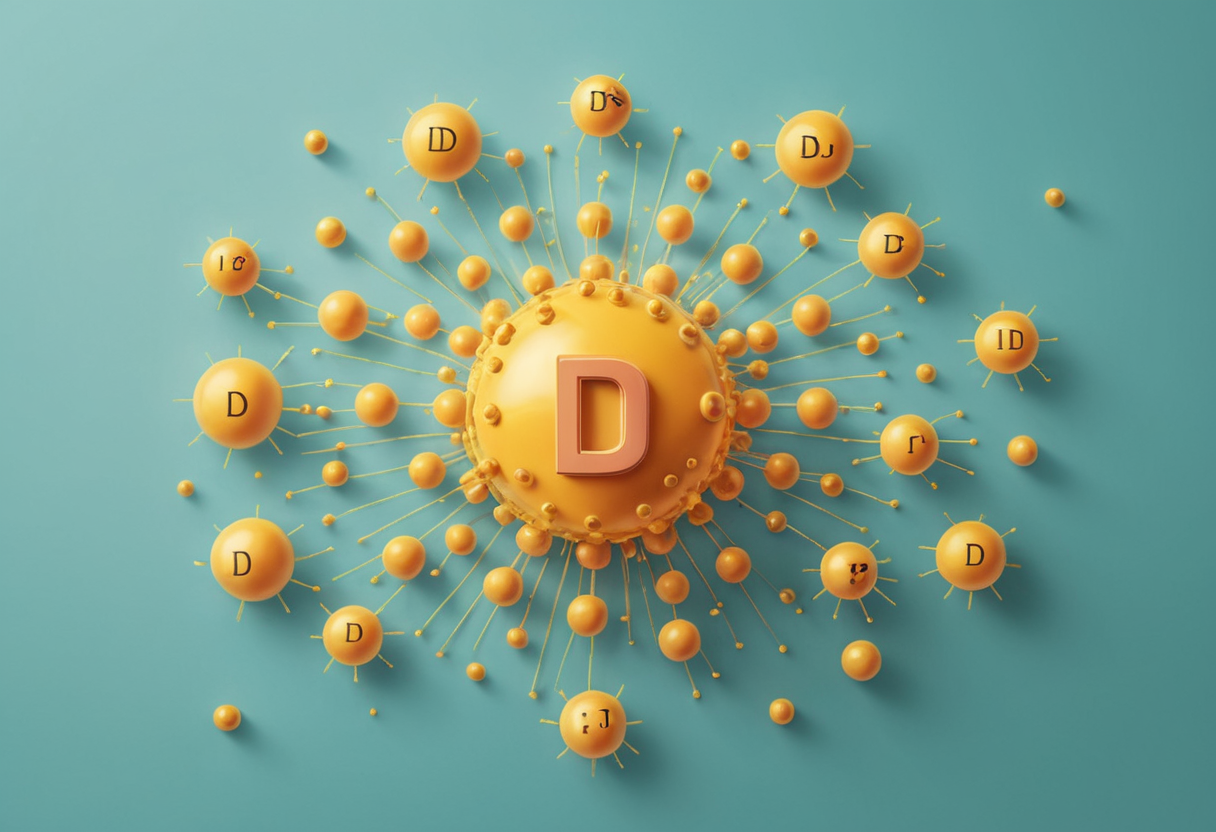
Nice informative article 👍🏻